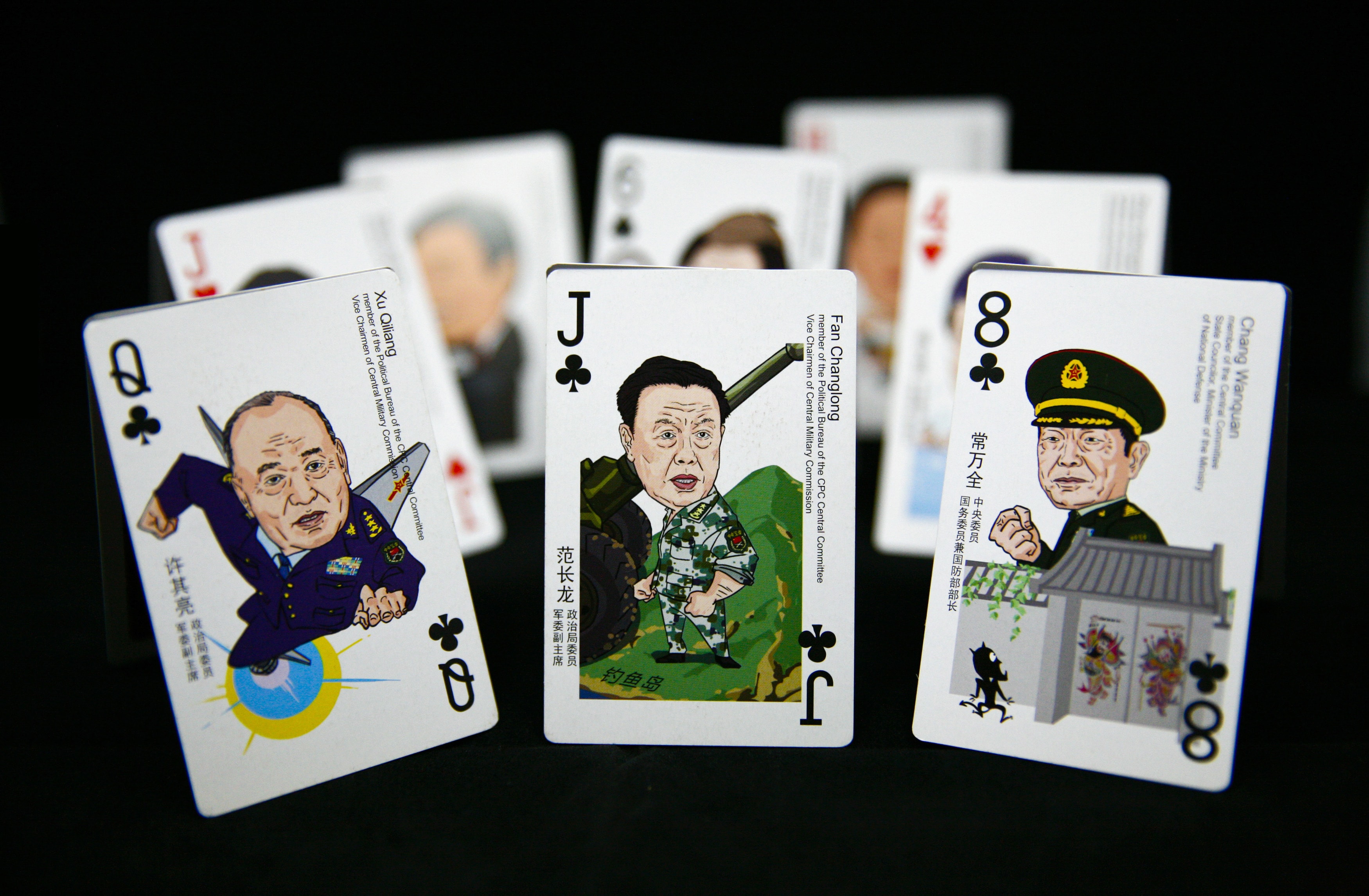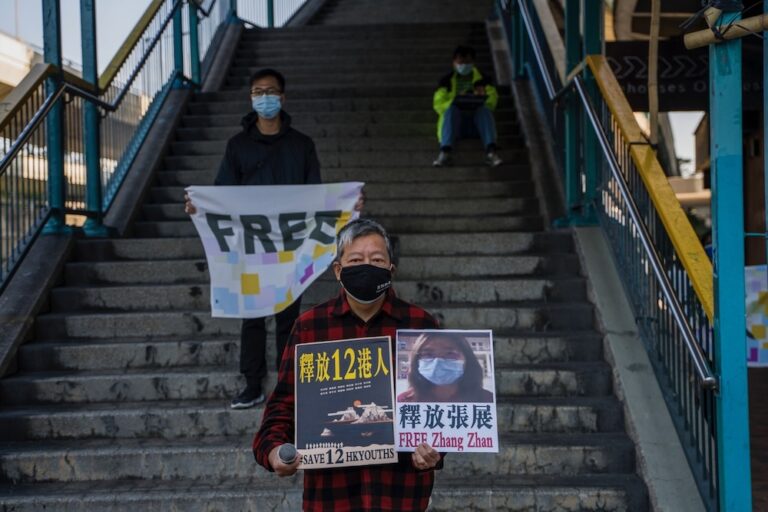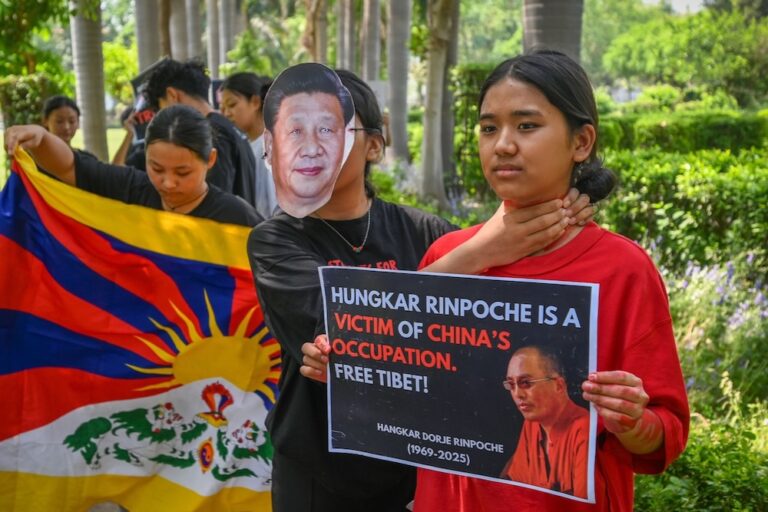"There is a clear change in how Xi Jinping is managing the censorship and security apparatus compared with his predecessor, and overall this has meant more restrictions, not more freedom," according to a Freedom House report.
Chinese Communist Party repression has intensified under the leadership of Xi Jinping, but has also trapped the party in a vicious circle whereby increasing coercion breeds growing resistance, requiring ever more intense crackdowns, according to a Freedom House report released on 13 January 2015, “The Politburo’s Predicament”.
“There is a clear change in how Xi Jinping is managing the censorship and security apparatus compared with his predecessor, and overall this has meant more restrictions, not more freedom,” said Sarah Cook, author of the report. “As the systems of coercion touch the lives of more Chinese people, Xi and his colleagues risk exacerbating the party’s legitimacy problems.”
“The Politburo’s Predicament: Confronting the Limitations of Chinese Communist Party Repression” finds that Xi has combined quasi-reformist rhetoric and minor institutional changes with ideological retrenchment and intensified repression in an attempt to strengthen the party’s hold on power. These efforts have proved effective in many ways, but they have also fueled resentment and recruitment to the cause of rights defense, both within society and among some party members, security personnel, and censors.
“The United States and other democracies should work together to more effectively assist victims of repression and challenge official impunity,” Cook said, citing the report’s list of recommendations. “They should also seriously reconsider assumptions that the Communist Party will rule indefinitely, and that any liberalization will come from the top down.”
Key findings:
* Concentration of power at the very top: Ultimate authority over information controls and domestic security has been consolidated in the hands of Xi himself via new party entities.
* Expanded targets of repression: Of 17 categories of victims assessed, 11 experienced greater restrictions after Xi took power. Among the victims are new targets whose activities were previously tolerated, including individuals from the economic elite or with official ties.
* Revival of old practices alongside new methods: Tactics and terminology reminiscent of the Mao Zedong era-including televised confessions-have been revived alongside more novel approaches. Increasingly strategic, multipronged campaigns, criminal and extralegal detentions, and the “community corrections” system have been used to punish activists and intimidate social-media users.
* Civil society resilience: Despite heightened repression, fear of the regime appears to be diminishing. Civic participation in rights defense activities is growing. Banned information circulates despite censorship. And activities that the authorities have invested tremendous resources in suppressing have continued and even expanded.
* Regime insecurity and internal resistance: The increase in repression appears to be driven by a deep sense of insecurity. Some of those tasked with implementing censorship, propaganda, and repression are instead showing sympathy with victims, quietly refusing to comply with orders, and expressing regret for their role in obstructing other citizens’ freedoms.
The study draws on an analysis of hundreds of official documents, censorship directives, and human rights reports, as well as some 30 interviews, examining the evolution of the censorship and internal security apparatus-as well as its limitations-since November 2012. It also offers recommendations to the international community on how to respond.
China is rated Not Free in “Freedom in the World 2014”, Not Free in “Freedom of the Press 2014”, and Not Free in “Freedom on the Net 2014”.



